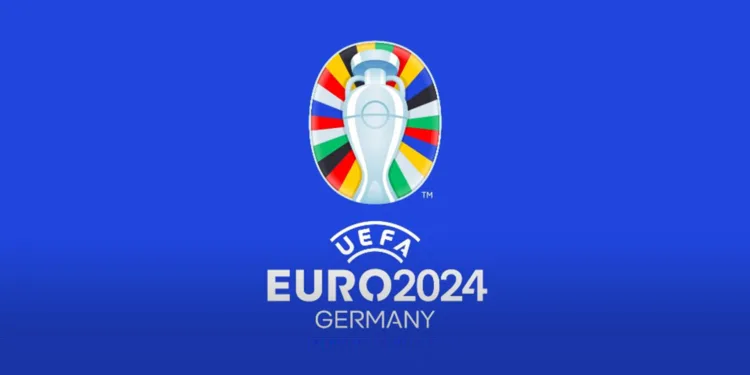With less than a year remaining until the commencement of UEFA EURO 2024, the highly anticipated football tournament, UEFA has unveiled its robust environmental, social, and governance (ESG) strategy. Released following the inaugural UEFA RESPECT Forum held in Frankfurt in late June, the strategy aims to position UEFA EURO 2024 as a benchmark for event sustainability in the sporting world, while also fostering sustainable development in German and European societies.
UEFA’s vision for EURO 2024 is to set new standards for sustainability, both within the tournament itself and as a model for future global events of its kind. Recognizing the tournament’s capacity to unite individuals from around the globe, UEFA has made sustainability an integral part of the event’s DNA since the early stages of its organization.
The ESG strategy is built on three core pillars that encompass 11 areas of action, supported by 28 specific topics, 48 targets, and 83 key performance indicators. Among the strategy’s focal points are reducing environmental impact, including climate protection and waste management, investing in a dedicated climate fund to mitigate tournament-related emissions, combatting all forms of discrimination and promoting equal rights, advocating for physical activity and offering healthy food options at stadiums and tournament venues, fostering solidarity within German and European society through grassroots football support, adopting transparent and responsible operational practices, sharing knowledge and best practices with stakeholders, and collaborating and innovating with host cities, partners, and football stakeholders to establish a lasting sustainable legacy.
Michele Uva, UEFA’s director for social and environmental sustainability, highlighted the significance of the UEFA European Championship as a global event followed by billions of fans. Uva emphasized that this tournament presents a unique opportunity for UEFA to lead by example and deliver the event to the highest sustainability standards. By implementing targeted investments and measures outlined in the strategic approach, UEFA aims to contribute to the tournament’s legacy in line with the United Nations’ Sustainable Development Goals.
Heike Ullrich, general secretary of the German Football Association (DFB), stressed the importance of involving German grassroots football and clubs in making UEFA EURO 2024 a truly sustainable event. The DFB and its clubs are actively preparing themselves to leverage the football fever across the country, utilizing it for the benefit of local communities and clubs.
German Federal Minister of the Interior and Sports Nancy Faeser emphasized the alignment between UEFA EURO 2024, the DFB, and the federal government in their commitment to sustainability. Faeser noted that EURO 2024 aims to be a football festival for all fans, promoting sport and bringing people together from diverse backgrounds. The tournament will showcase Germany as a modern and inclusive country, while combatting racism and discrimination through football’s unifying power. Faeser applauded UEFA’s drive to set standards for a sustainable tournament, aligning with the shared values and goals of all stakeholders involved.
Sustainability has been an integral part of the UEFA EURO 2024 planning process since the German Football Association’s bidding proposal in 2018. In 2021, UEFA and the DFB presented an Event Social Responsibility (ESR) strategy with a proposed plan of activities. The integration of sustainability as a fundamental pillar in the tournament’s operations has been ongoing, exemplified by the design of a match schedule that minimizes travel distances for teams and fans between host cities. Building upon this foundation, UEFA’s Social and Environmental Sustainability Division conducted a comprehensive review to align the ESR strategy with the UEFA Football Sustainability Strategy 2030 and the UEFA ESG Event Management System. The result is the UEFA EURO 2024 ESG strategy, unveiled today.
As the countdown to UEFA EURO 2024 continues, the publication of this comprehensive ESG strategy marks a pivotal moment in the tournament’s commitment to sustainability. UEFA, in collaboration with the DFB and public authorities, aims to set a new benchmark for event sustainability and inspire future sporting events to prioritize environmental, social, and governance aspects. By leveraging the platform of EURO 2024, UEFA strives to lead by example and advocate for a more sustainable future in sports.



